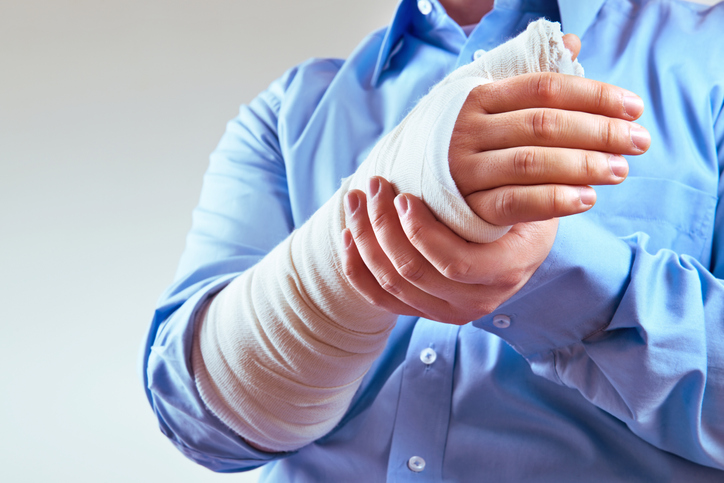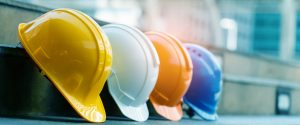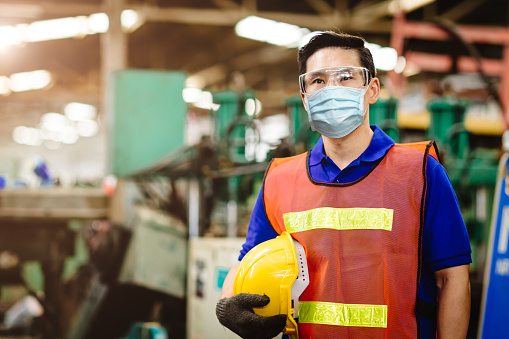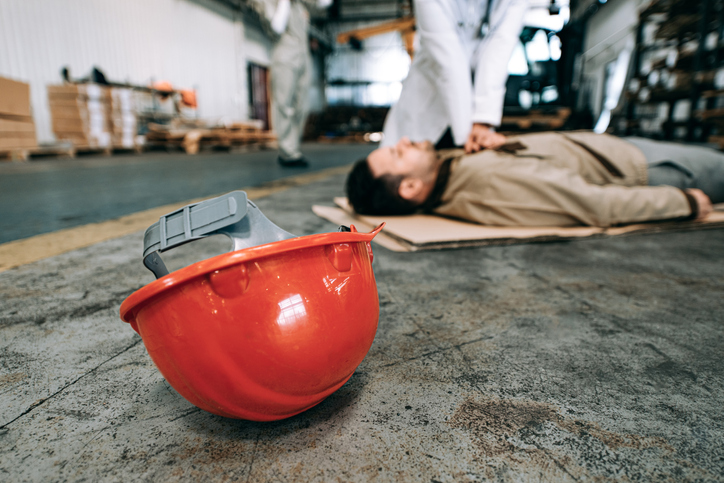More workers are testing positive for marijuana — here’s why
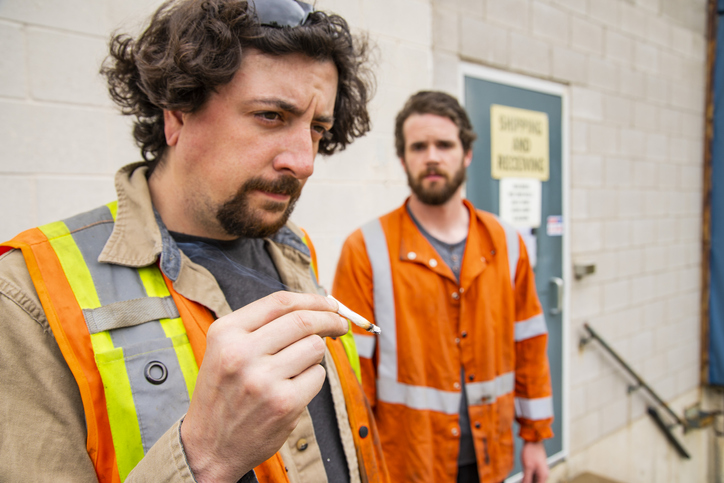
As more and more states legalize recreational marijuana, businesses are becoming more comfortable hiring and keeping workers who are regular cannabis users. In states where marijuana is legal, many companies have stopped testing for weed when they drug test new hires.
In a recent The Wall Street Journal article, business owners said that they do not want to turn away talent just because that person may have smoked marijuana over the weekend.
Also, they noted, marijuana drug tests don’t provide detailed data. Someone who smoked marijuana a month beforehand could still test positive for cannabis. Meanwhile, over the last 5 years, the number of U.S. workers testing positive for marijuana has grown steadily.
Lenient attitudes about its use and easy access to marijuana contribute to a riskier work environment for everyone.
Employees that tested positive for marijuana had 55% more industrial accidents than those who tested negative, according to the National Safety Council.
Marijuana dulls people’s motor skills, slows their reaction time, and messes up their short-term memory. A co-worker trying to do their job under any of these conditions increases the likelihood of a workplace accident.
Your right to a safe workplace
Employers have a responsibility to their employees to provide them with a safe work environment.
As a workers’ compensation firm, the Law Offices of Deborah G. Kohl has been hearing from a lot of employees who have been hurt due to the reckless actions of impaired coworkers.
The facts back up what we’re seeing in our local offices in Fall River, Foxborough, and Providence, Rhode Island. Quest Diagnostics, Inc., one of the largest drug-testing labs in the nation, recently reported that of the 7 million drug tests they ran in 2020, about 2.7% came back positive for marijuana. This is up from 2% in 2016.
Going by the numbers alone, there are most likely more people at your work who are high, or possibly muddling through a marijuana hangover, than ever before. Can companies maintain safety standards and allow for marijuana use?
Why some companies stopped testing for marijuana
Now that marijuana is legal in 17 states, and many more have medical cannabis programs, some employers in these and neighboring states have loosened their drug testing policies.
In Massachusetts, marijuana is legal for adult recreational use. In Rhode Island, marijuana is decriminalized and there is a medical marijuana program. Attempts to legalize marijuana in this session — which wraps up at the end of June — seem to have stalled.
Businesses typically drug test employees when they are new hires, as part of random testing programs, or after a workplace accident or suspicion of drug use. Even though marijuana is legal, companies would still be in their right to test for it — they often test for alcohol. The difference between the alcohol and marijuana tests, though, is reliability.
There are currently no fool-proof breath, urine, or blood tests readily available for marijuana that can tell an employer when an employee last used it. Someone who has a positive urine test may have smoked marijuana anywhere between weeks and hours ago. This has made it challenging for companies to enforce anti-drug policies.
Some businesses have stopped testing for marijuana altogether, while others have stopped figuring it into hiring decisions.
Other companies have dropped marijuana tests in an effort to be more attractive employers. The hospitality and restaurant industry, in particular, decided to make room for marijuana. About 6.3% of workers in this industry had tested positive for marijuana in 2020 — the highest rate out of any other business sector.
The difficulty some businesses are having in attracting employees post-pandemic may further encourage companies to drop marijuana testing.
Marijuana increases the risk of work accidents
Not all employers, however, are so mellow about marijuana. In industries where heavy equipment is used, like construction and transportation, many employers are maintaining strict anti-marijuana drug policies.
This effort shouldn’t be restricted to big rigs and building, though. An impaired worker can cause a careless accident in a restaurant just as easily as they can in a warehouse.
Employees who test positive for marijuana had 85% more injuries and 75% greater absenteeism compared to those who tested negative, the NCS said. They’re also less productive and cause more accidents.
Strong anti-drug policies
Just because it is difficult to pinpoint when someone last used marijuana — possibly on the job, right before going into work, or suffering a weed hangover — does not mean employers should stop testing for it. Strong zero-tolerance workplace drug policies lead to safer jobs.
A good drug policy should include manager education, access to support for employees with drug problems, clearly defined use and possession parameters, established rules for post-accident testing, and rules on how you will handle an employee’s conviction or arrest. The policy has to be clearly written to reduce the risk of legal challenges.
Personal attention for injured workers
People who work high pose risks to their fellow co-workers. Employers should not tolerate marijuana use at work and educate workers about the dangers of using marijuana while on the clock — or right before getting to work.
If you were injured while on the job, you have the right to pursue workers’ compensation benefits to cover the cost of your medical expenses and your lost wages.
Depending on the specific details of your case, you may also be eligible to file a third-party injury claim. The key is talking to an attorney as soon as possible to figure out all your available options.
For workers’ compensation cases, not understanding how to navigate the system and missing an important deadline may result in your claim being denied.
With so much on the line, people injured on the job should consult with an experienced workers’ compensation lawyer who knows how to fight for the benefits you’re entitled to.
At the Law Offices of Deborah G. Kohl, we know the workers’ compensation system inside and out. We have been helping injured workers in Massachusetts and Rhode Island for years, and we would be honored to help you get back on your feet.
If you or someone you love was recently injured on the job, contact our law firm for a free case consultation. We will talk with you about the details of your injury and help you weigh your legal options.
Call or email us today to learn more about your rights.

